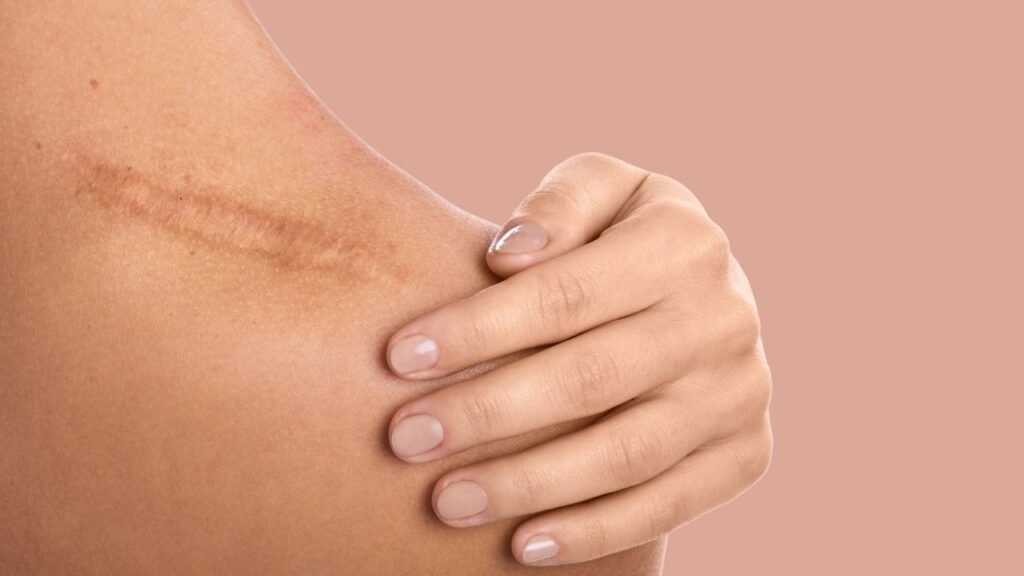Table of Contents
Overview
Damaged skin in the head may get affected by a fungal infection which in turn leads to hair loss. If you notice unusual hair loss from your head, it can indicate a fungal infection. For this, you should consult a doctor and get treatment for it.
After the fungal infection gets treated, your hair will regrow within the next six to twelve months. However, in some cases, it takes longer than that. To aid this regrowth of hair, you need to maintain hygiene and take medication.
Let’s now understand more about this topic in detail.
What is scalp fungal infection?
When fungus attacks your head, it results in an infection on the scalp. The fungi feast and grow on the outer layer of your scalp. Fungal infections like Ringworm are caused by dermatophytes fungi and appear as a ring-like structure. It can spread from humans, animals as well as objects.
Causes of fungal infection
Following are some causes of scalp fungal infection:
- Contagious Agent
If you come across or touch an infected area, then you may get infected. To avoid further spreading, wash your hands frequently. Furthermore, your pet might have the infection and still show no symptoms. Thus it is recommended to maintain hygiene at all times.
- Certain Medications
Upon consulting a doctor, you might figure out that the reason for the fungal infection on your scalp may be certain medications you are taking. There is a possibility that It might be escalating the spread.
- Unhealthy Diet
What you eat plays a crucial role in the nutrition of your body. Following a healthy diet will provide nutrients to your hair. For this. consult a nutritionist and eat nutritious food. Avoid eating junk food and lower the content of oil/fat in your daily diet.
- Hair Products
Do check the chemicals mentioned on the back of your hair products when you buy them. It might contain substances that are harmful to your hair and scalp.
How to grow hair back after it?
The following are the ways to grow back hair:
- Keep Your Hair Clean, Dry, and Cool
In an unclean environment, all infections develop more rapidly. In addition to unsanitary conditions, heat and humidity exacerbate the fungal infection. Due to fungi’s preference for a damp and hot environment, it is crucial to maintain dry and clean hair.
For this, keep your scalp clean, dry, and cold to prevent a fungal infection from spreading. Many individuals with fungal infections have regained their hair growth after following these simple care instructions. This means that antifungal shampoo should be used regularly, towels should be used to dry the hair correctly, and heat should be avoided while drying the hair.
- Improve Hygiene
The fungal infection may be spread from person to person. It’s extremely easy to pass from one person to the next. When you come into contact with an infected person or animal, wash your hands thoroughly with soap and water or sanitizer. You may be the recipient of the transfer if anything goes wrong.
However, a fungal infection on the diseased scalp may spread to the uninfected portion of the scalp. You must thus enhance cleanliness and halt the development of the illness.
- Other Treatments
Other treatments that your doctor may suggest include steroid injections in the scalp and low-level laser therapy. When these treatments are required, they will be evaluated only at the very end of the process. You should talk to your doctor before using any kind of steroid, including low-dose steroids.
- Eat a healthy diet and drink plenty of water
Immunity may be boosted by increasing hydration and eating a well-balanced diet. To get rid of fungal scalp infection, follow a well-balanced diet that increases your resistance to illness.
Treatment
If you have a fungal infection on your scalp, you may try the following treatments:
- Antifungals
Ointments, shampoos, and foams are all forms of antifungal medicine. Fluconazole is well-known antifungal medicine for treating a scalp yeast infection. In addition, ketoconazole shampoos are another option for treating the illness.
- Over-the-counter (OTC) shampoo
There are shampoos with active components such as selenium sulfide, zinc pyrithione, and coal tar that may treat Malassezia yeast infections.
- Corticosteroid shampoos
Corticosteroid medication may help reduce infection-related inflammation in certain people. Fluocinolone, ketoconazole, and betamethasone valerate shampoos can aid in the same. For this, consult a dermatologist.
Conclusion
Scalp fungal infection can be irritating and disturbing. With multiple causes, it can easily occur and spread on your scalp. If not treated or managed on time, it can spread to other areas and lead to further hair loss.
The treatment of scalp fungal infection starts when you see a dermatologist. He will suggest a proper treatment that might include certain medications, hair products, and hair care tips.
If you have a fungal infection on your scalp, do not delay its treatment. You can talk to our experts regarding its treatment and hair growth.





